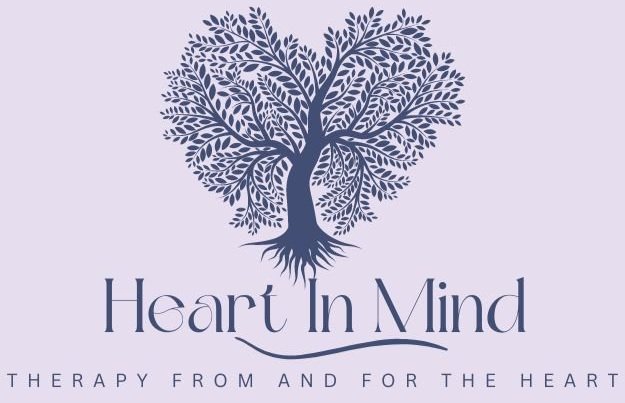Reflections on recent and recurrent news regarding the Palestinian genocide and Hamas Attack: Part 2- Survivor’s Guilt
*I am crossing out the words, “war,” but I’m not erasing it as I believe in being accountable for my mistakes. I’m crossing it out as I’ve learned how inaccurate and harmful I was in using those words. I’ve learned from other therapists like Asma Abu Dahab, that using the word war is to imply that there are two equal sides fighting. The truth is very different as the state of Israel has been the oppressor while Palestine/Palestinians have been the oppressed. These two states are not on an even plain field.
When something traumatic (as in the case of the *current/ongoing war in the Middle East and Palestinian genocide) happens to your loved ones, it is normal and healthy to feel sad, angry, hopeless, overwhelmed, etc…all the “uncomfortable emotions.” Allowing yourself to feel these uncomfortable emotions can often propel you to take swift action towards alleviating or stopping further harm to others.
If left to fester however, these otherwise normal and healthy emotions can reach a point where they become more debilitating than helpful; it might reach a point where despite your best intentions, you are not able to show up for others in the ways they need you.
What you might end up experiencing is called, “survivor’s guilt.”
In this blog post, I share some signs that you may be struggling with survivor’s guilt and what you can do about it.
Signs of survivor’s guilt may include:
Feeling guilty that you survived when others did not
Feeling guilty about what you did or did not do during the traumatic event
Having flashbacks of the traumatic event*
Having uncontrollable, constant thoughts about the event*
Feeling irritable and angry*
Feeling helpless and disconnected from others/the world around you*
Feeling fearful*
Feeling confused*
Feeling less or not motivated at all*
Having trouble sleeping*
Having physical/somatic symptoms (e.g. headaches, stomachaches, nauseous)*
Socially isolating
Having suicidal thoughts
*These signs overlap with symptoms of Post-Traumatic Stress Disorder (PTSD).
If you come from an immigrant family, you may be especially vulnerable to survivor’s guilt as you may have been taught to grit your teeth and bear any emotional (and physical distress) as a way— the only way, to cope with emotions that become overwhelming. To spend any time “being with” or “processing” your emotions not only sounds out of reach, but it can also sound selfish.
So the question remains, what can you do if you recognize yourself having survivor’s guilt? How do you allow yourself to feel your emotions without it reaching overwhelming levels to the point of being stuck in your tracks and unable to support your loved ones in the ways they need you?
Ways to cope with survivor’s guilt can include:
Accept your feelings…meaning, give yourself some time to recognize and actually “feel” your emotions. Notice how it shows up in your body and your mind. And remember, “accepting” is different than “liking” your feelings. You don’t have to like them (I mean, who likes to be sad, angry, hopeless, etc.?) Accepting, in this regard, just means recognizing your feelings for what they are.
Be around others. You don’t even have to talk when you’re around others (but you can too). Being in the presence of others can remind us that we are not alone, which is especially important during times when we feel overwhelmed and helpless.
Switch up your setting; try not to stay in the same place for extended periods of time. This can help us with staying in the present moment which in turn, can signal to our bodies and minds that we are safe in this moment. From this place, we can recoup some energy that allows us to be there for others.
Get involved in the cause. There’s a lot of ways to get involved and all are valuable. Some ways to get involved include: volunteering, rallying, sharing information (with both a wider/public audience and with a smaller/more private audience), and donating (money, items). Getting involved can help to counteract feelings of helplessness.
Until next time, please be gentle with yourselves,
Gina
If you’re curious to learn more about my specialties and what it would be like to work with me, please check out the links below:

